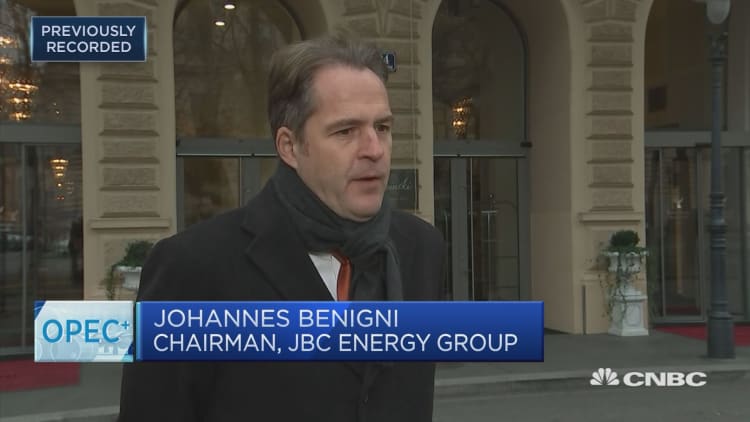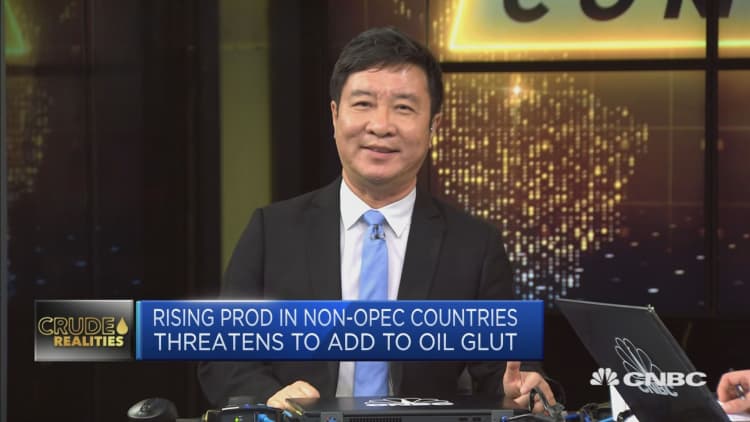With oil-producing nations looking to put a floor under prices, mulling perhaps the deepest output cuts this decade to prevent a glut, sources close to Saudi Arabia's Energy Minister Prince Abdulaziz bin Salman say he is primarily focused on building consensus.
"This meeting will likely showcase HRH's formidable velvet glove skills," said Helima Croft, managing director and global head of commodity strategy at RBC Capital Markets
"He is used to brokering deals behind the scenes and brings the full power of his position to bear to ensure his desired outcome … under that velvet glove lies an iron fist."
Just over three months on the job, Saudi Arabia's energy minister has already faced unprecedented challenges. The September attacks on Aramco facilities just one week after his appointment knocked half of the country's production offline, pushing the company — and the country — into overdrive, with the government pledging to restore production capacity by the end of the month and fast track the long-awaited initial public offering (IPO).
"A lot of us were skeptical that they could make good on that pledge," Croft told CNBC. "I think he gained a lot of credibility."

In the weeks leading up to OPEC's year-end meeting, oil watchers engaged in rampant speculation as to the group's next move, all against the backdrop of an uncertain global economic outlook, the pricing of Saudi Aramco's IPO and the ongoing failure of key OPEC members to comply with cuts.
Sources close to Prince Abdulaziz have told CNBC that this is the moment where 30 years of experience in the energy sector will bear fruit.
"He has a quiet authority," a senior aide to the prince said. "He's not easily intimidated by media hype and policy reports. He's very focused on his objective."
Earlier this week, Iraq's energy minister told CNBC's Dan Murphy that as much as 400,000 barrels per day (bpd) or more could be on the chopping block, acknowledging that 1.2 million bpd had not been as effective as OPEC members had hoped.
"1.6 million bpd … I think it would be more effective, no doubt about that," Thamer Ghadhban said. Iraq is one of OPEC's biggest offenders when it comes to compliance, consistently violating output cut agreements.
With current cuts set to expire in March, sources told Reuters that a new deal could be extended to June or until the end of 2020. Key to any deal will be the ability to get all members on side, including Russia.
"Prince Abdulaziz is bold, he wants to push his agenda," Johannes Benigni, chairman of JBC Energy Group, told CNBC in Vienna. "(But) he may not win hearts, at least not all of them."

—CNBC's Emma Graham and Dan Murphy contributed to this report.


